On a historic and devastating election night, the Conservative Party faced a monumental defeat, with high-profile figures, including former Prime Minister Liz Truss, losing their seats. Here’s the full story.
Unprecedented Electoral Rout

In a dramatic and unprecedented electoral rout, the Conservative Party faced a monumental defeat in the 2024 general election, marked by the ousting of several high-profile figures, including former Prime Minister Liz Truss. This sweeping loss has been attributed to years of internal strife and policy failures that alienated the electorate.
Truss’s Short Tenure

Liz Truss, who served the shortest tenure as Prime Minister in British history, lost her seat, symbolising the depth of the Conservatives’ woes. Truss’s brief premiership was marred by a disastrous economic policy that led to a market meltdown, the effects of which are still felt today.
Voters Reject Truss

Despite her attempts to blame external factors and endorse controversial figures like Donald Trump, voters in her South West Norfolk constituency rejected her in favour of Labour’s Terry Jermy by a slim majority of 630 votes.
Significant Conservative Losses
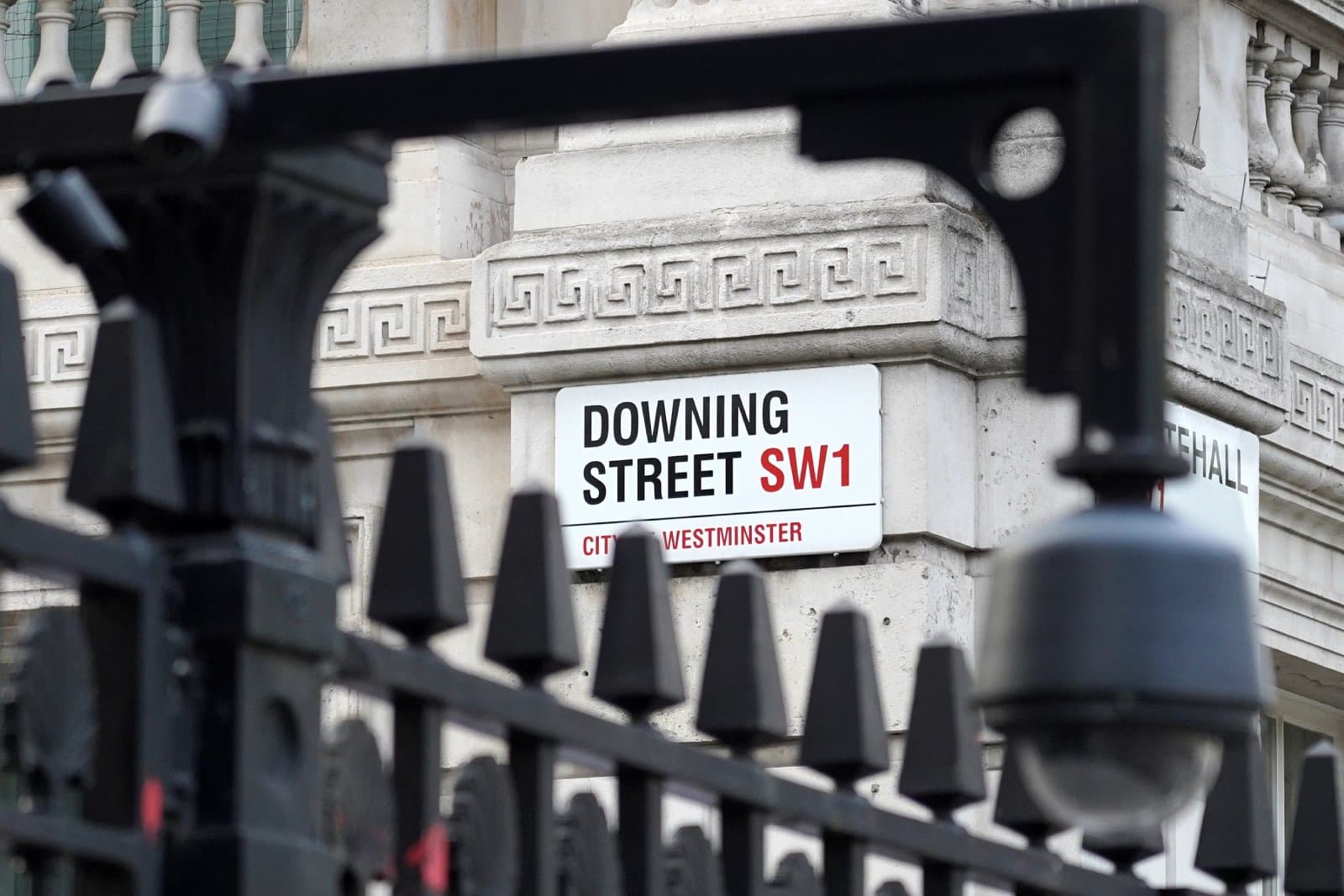
Truss’s defeat was just one of many significant losses for the Conservatives. Several key figures, including Grant Shapps, Penny Mordaunt, and Gillian Keegan, were ousted from their constituencies.
Shapps on Party Infighting

Shapps, who had been a prominent figure in multiple government roles but most recently had been the Defence Secretary, attributed the defeat to the party’s infighting and public discontent with the “endless political soap opera.” He added, “It’s not so much that Labour won this election, but rather that the Conservatives have lost it.”
Mordaunt’s Final Warning
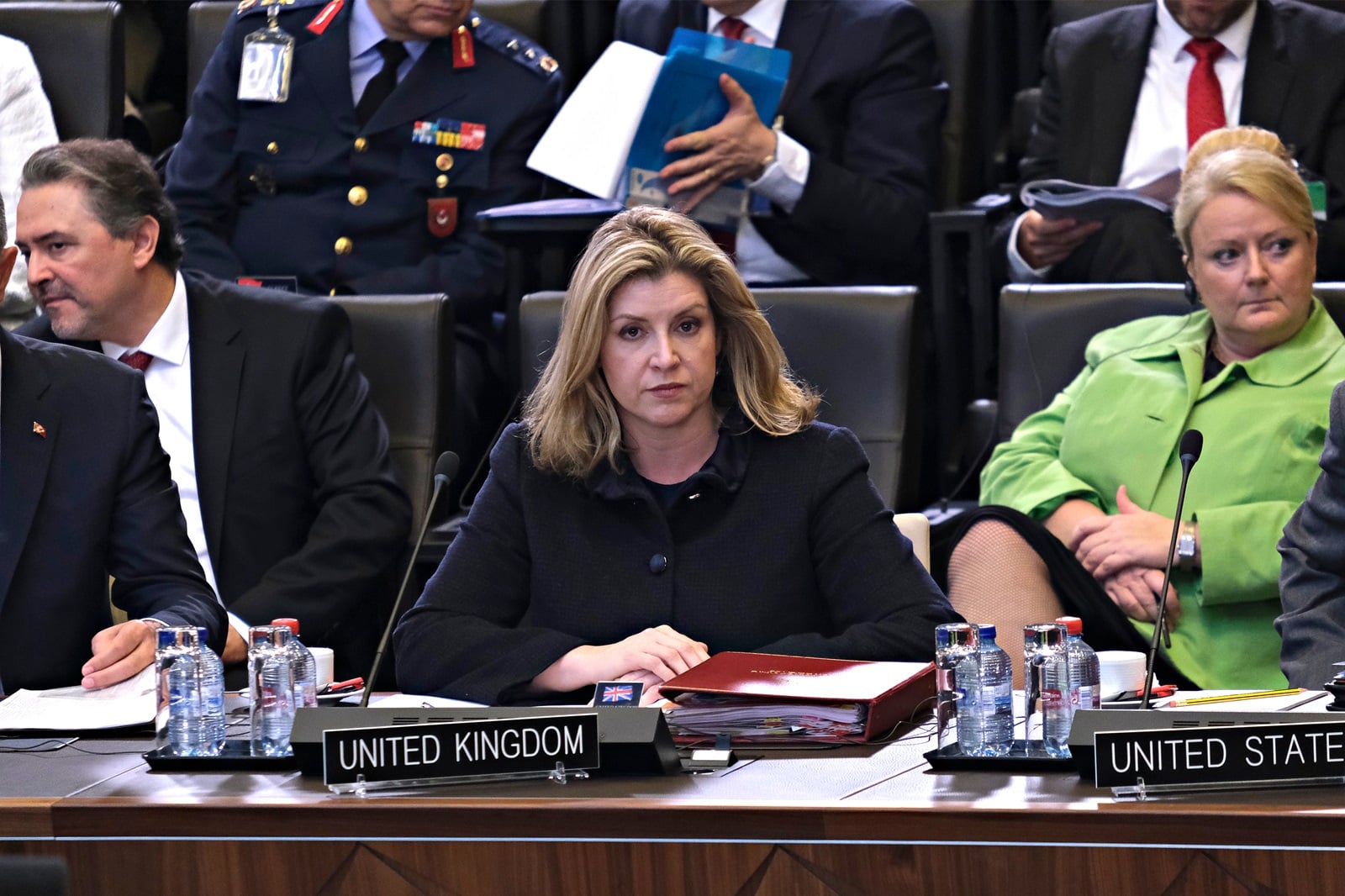
Mordaunt, the leader of the Commons who had been widely touted as a potential future leader by the centrists in her party, lost her Portsmouth North seat to Labour and fired a final warning shot to the few Conservatives that remain, warning them not to give in to factional infighting by “talking to an ever smaller slice of ourselves.”
Keegan’s Historic Loss

Keegan, the Education Secretary, whose Chichester seat, held by Conservatives for a century, fell to the Liberal Democrats’ Jess Brown-Fuller.
Safe Seats Fall

The election saw traditionally safe Conservative seats fall one by one to opposition parties. Labour took Boris Johnson’s former seat of Uxbridge in West London, and Theresa May’s Maidenhead seat went to the Liberal Democrats.
Thatcher’s Constituency Turns Labour
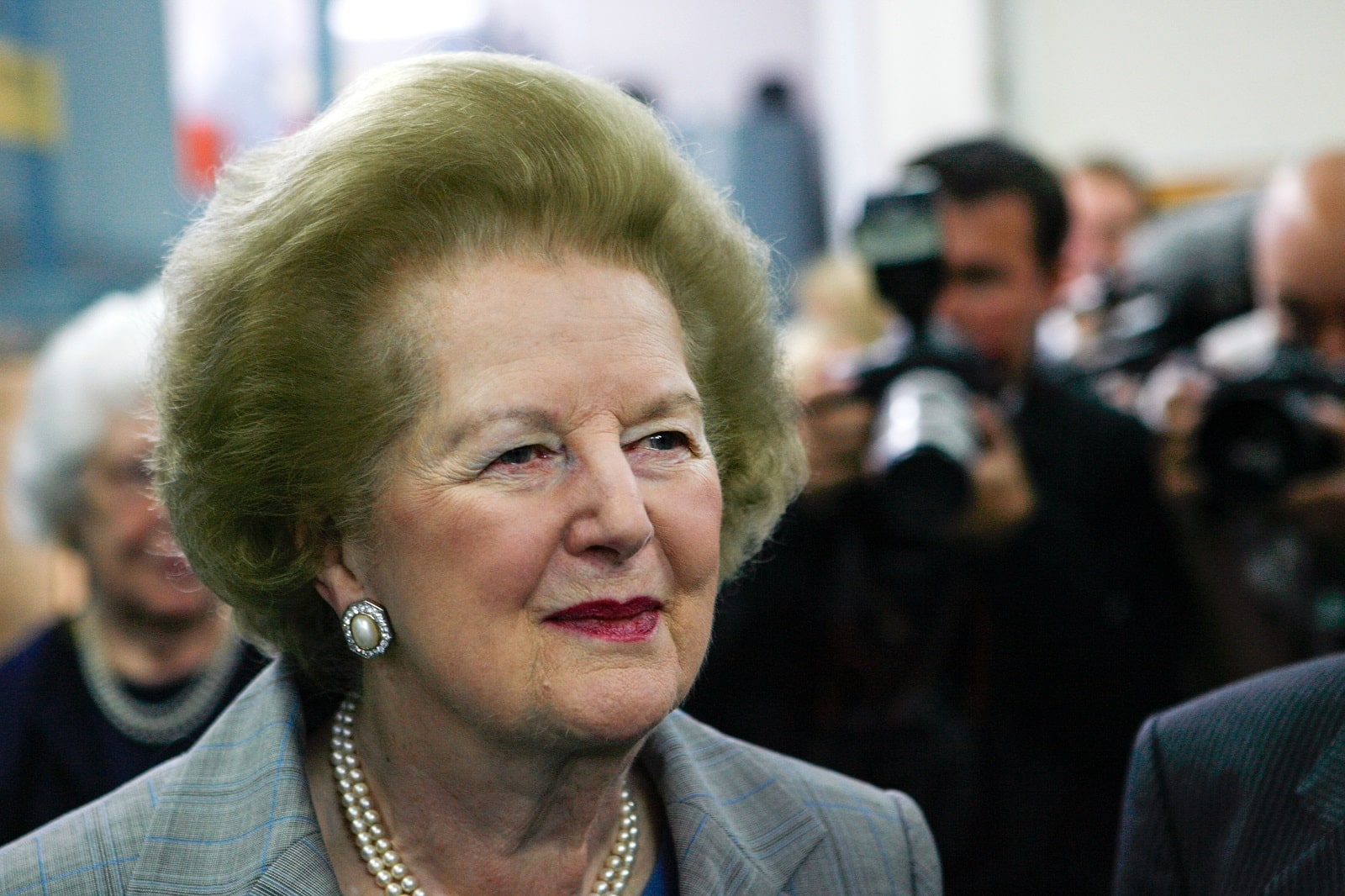
Even Margaret Thatcher’s former constituency of Finchley in North London turned Labour for the first time since the Tony Blair era, in a dramatic change of fortunes that, on election night, many saw as the writing on the wall for the Conservatives.
Senior Ministers Ousted
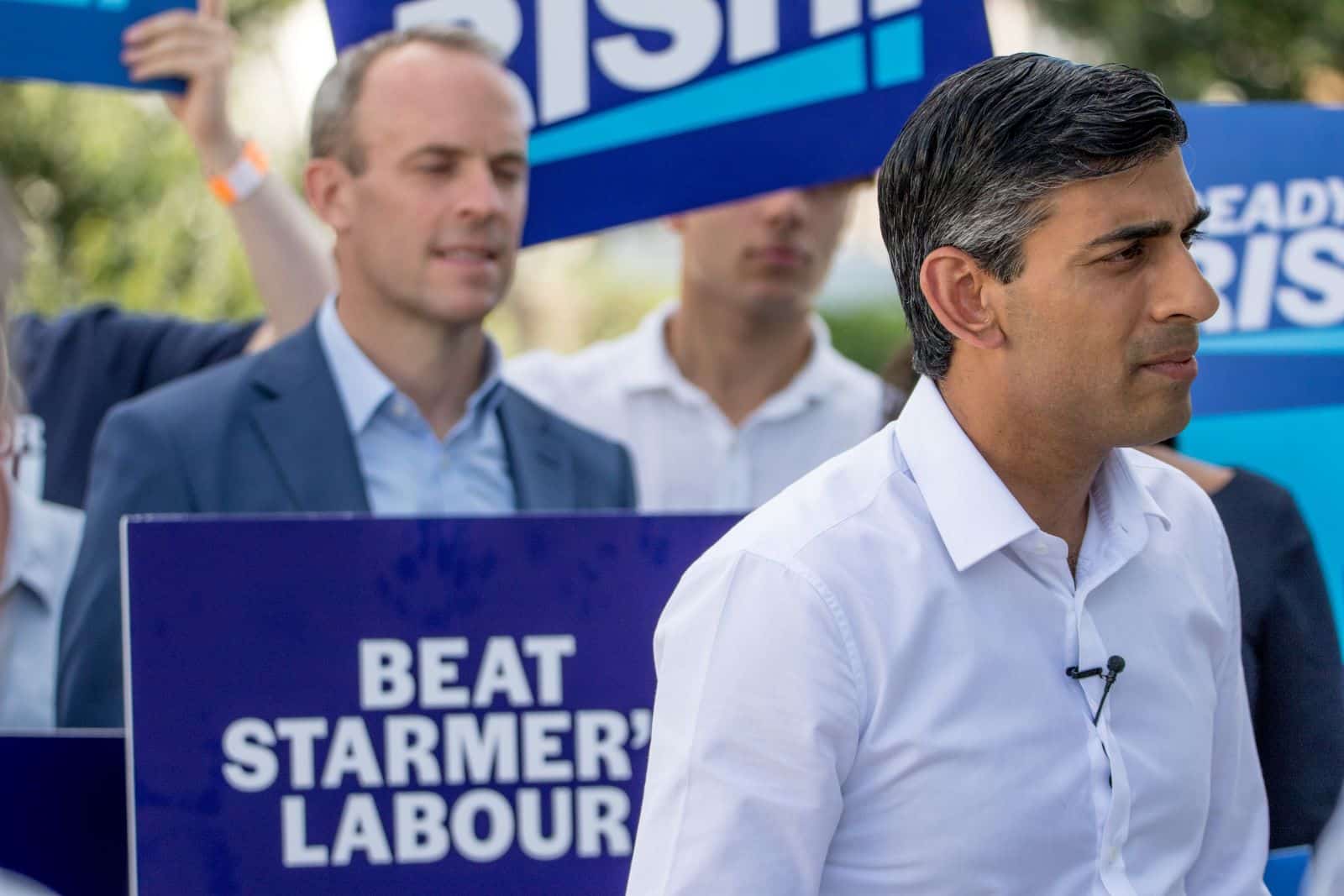
However, the defeat was not limited to just a few Conservative higher-ups. A record number of senior ministers from Rishi Sunak’s cabinet were also given their marching orders from the electorate.
Scale of Conservative Defeat
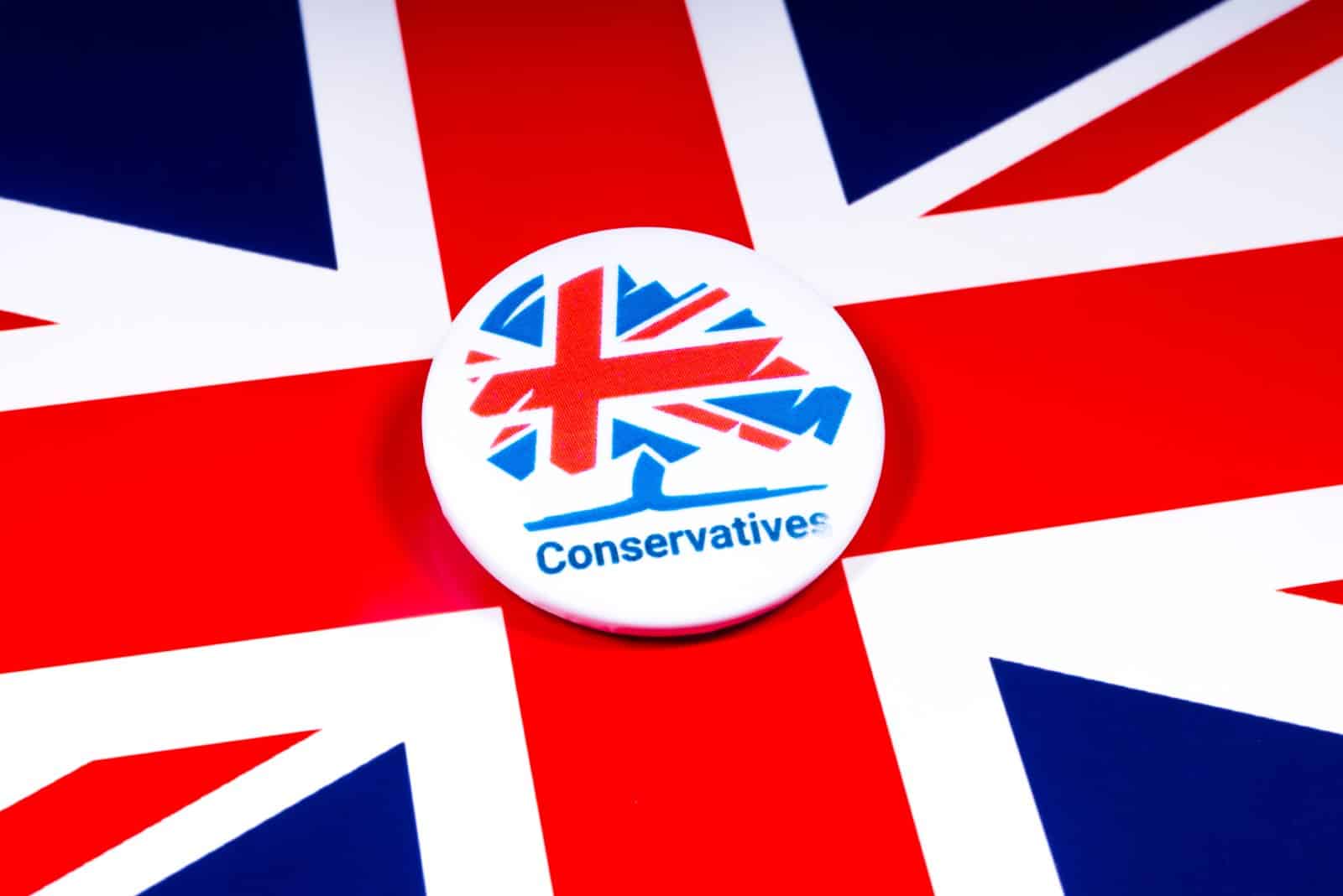
It is hard to grasp the sheer scale of the Conservative defeat. Alongside Shapps, notable figures such as Alex Chalk, the Justice Secretary, Michelle Donelan, the Science Secretary, Lucy Frazer, the Culture Secretary, and Mark Harper, the transport secretary, were all voted out. The loss of these senior ministers underscores the extent of the Conservative Party’s collapse.
Parallels to 1997 Labour Landslide
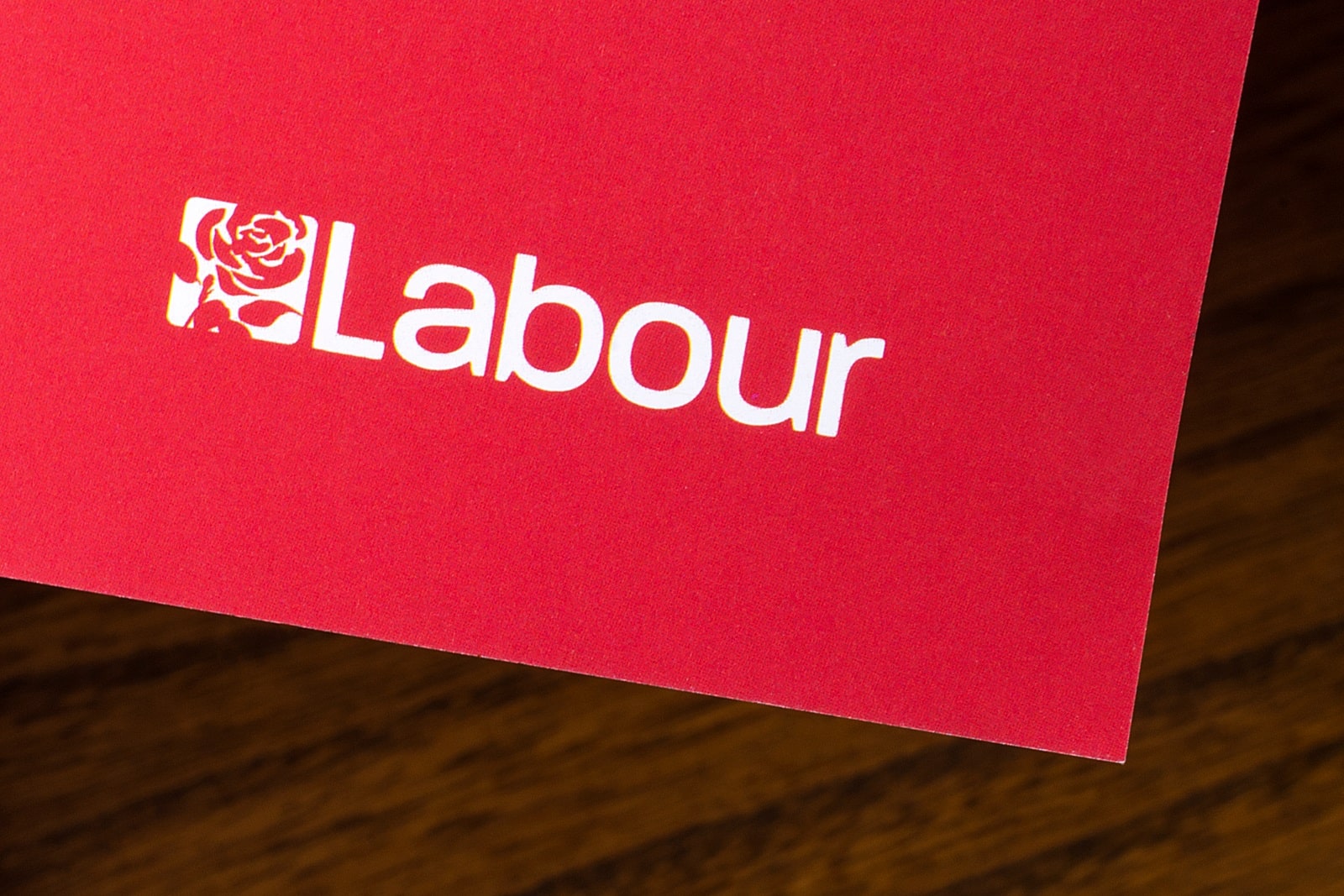
The election results have drawn parallels to Labour’s landslide victory under Tony Blair in 1997, which ended 18 years of Conservative rule. Keir Starmer’s victory appears to mirror Blair’s scope and impact, signalling a potential new era for British politics.
Cathartic Shift for Voters
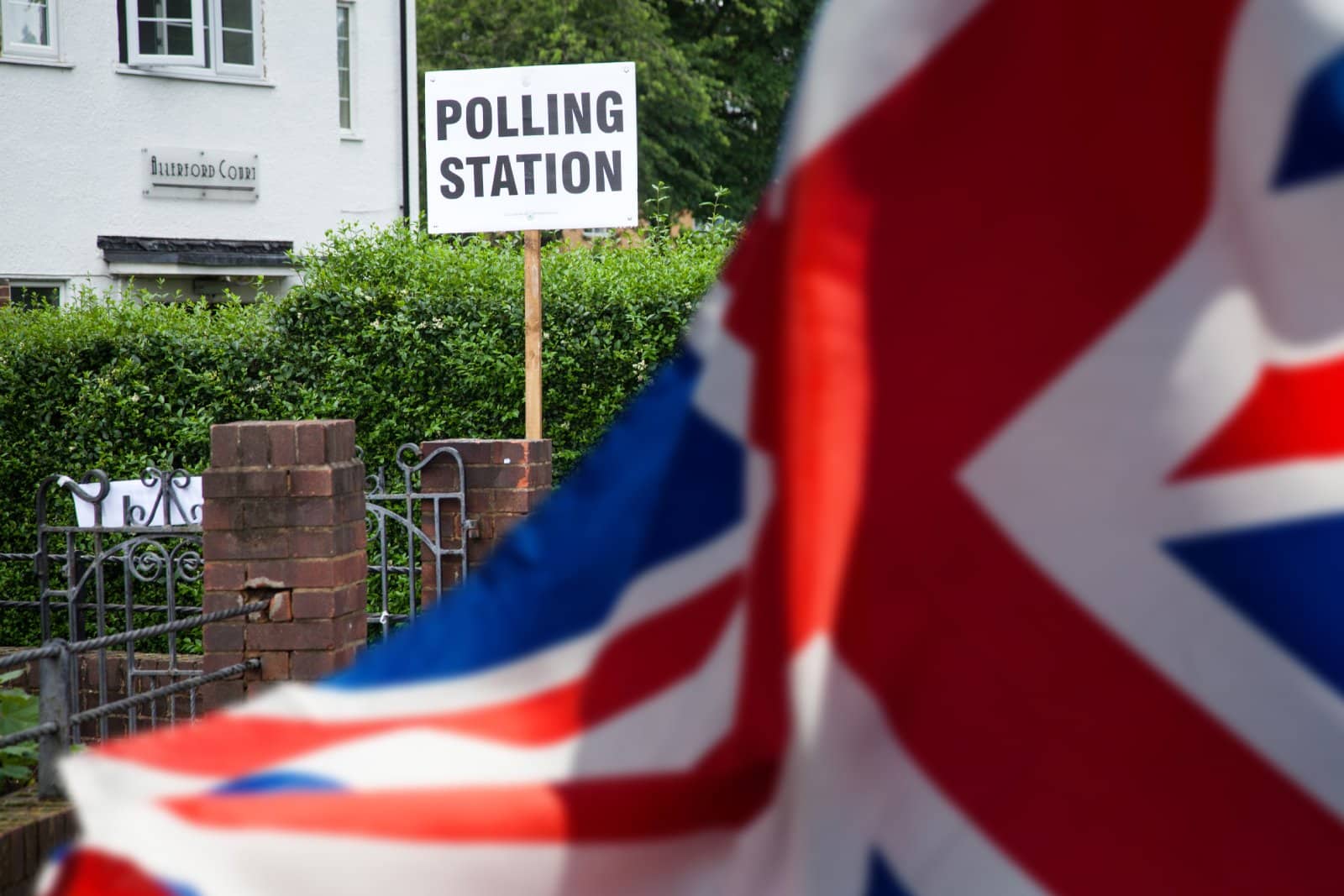
For millions struggling with economic hardships, this election represents a cathartic shift away from a tumultuous period under Conservative governance, where very few things, if any, got better for ordinary voters.
Conservative Existential Crisis

As the dust settles, the Conservative Party faces an existential crisis that has not been seen in years and is wholly unprepared for. The defeat has prompted calls for introspection and restructuring within the party.
Task of Rebuilding

However, the Conservatives, which, as Mordaunt said, believes it is the UK’s “natural party of government,” are facing the daunting task of rebuilding a party that this general election has shattered. With constant attacks from the right by Reform UK, many Conservatives worry that they will turn further rightward, which may win some Reform UK voters but will likely make it near impossible for a vast majority of voters to support them.
Right and Centrist Survivors
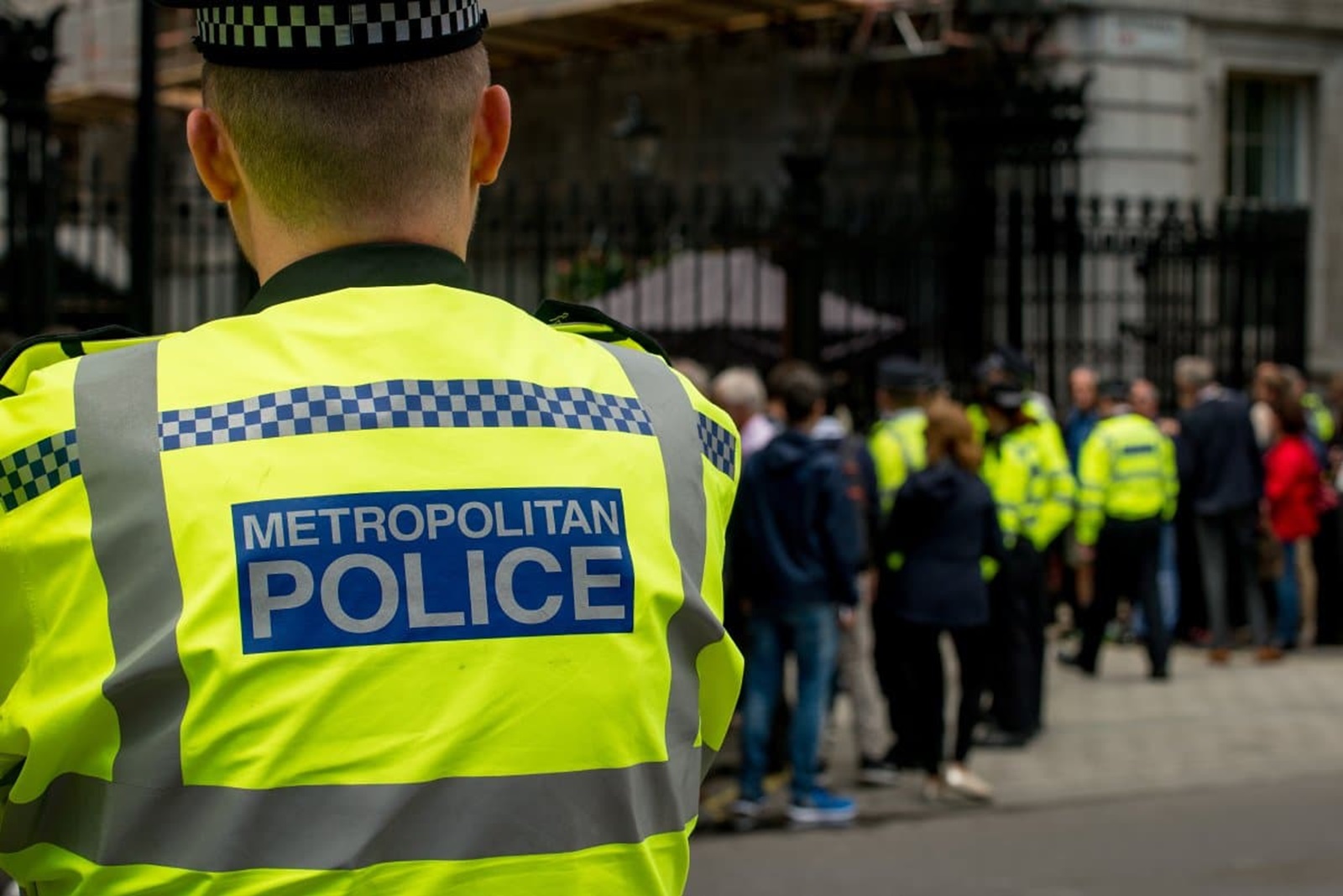
On the right of the party, Kemi Badenoch, Priti Patel, and disgraced former Home Secretary Priti Patel, who called for the police to crack down on protesters, survived the culling of their party. So did more centrist Tories like Tom Tugendhat and James Cleverly. No doubt, there will be a leadership race soon.
Turning Point in Politics
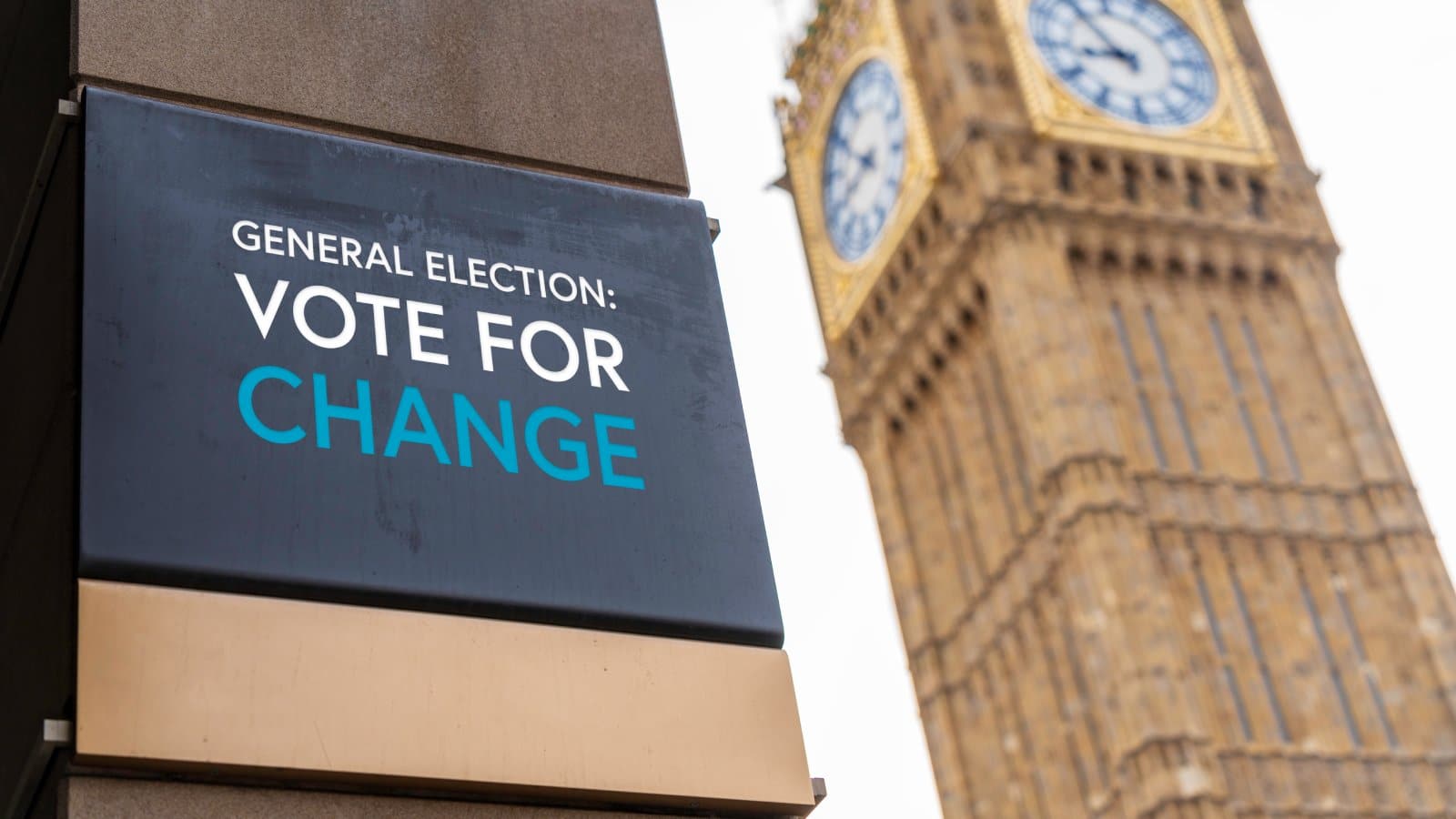
The 2024 general election marks a turning point in British politics, with the Conservative Party facing a significant setback after years of dominance. The defeat of critical figures like Liz Truss and the loss of traditionally safe seats shows how far the party has fallen.
Future Leadership Uncertain

As the Conservatives grapple with the aftermath, it remains to be seen which of the rump of MPs left will be selected to lead the much-reduced Conservative Party and which direction they will ultimately take the party in.
Featured Image Credit: Shutterstock / Alexandros Michailidis.

